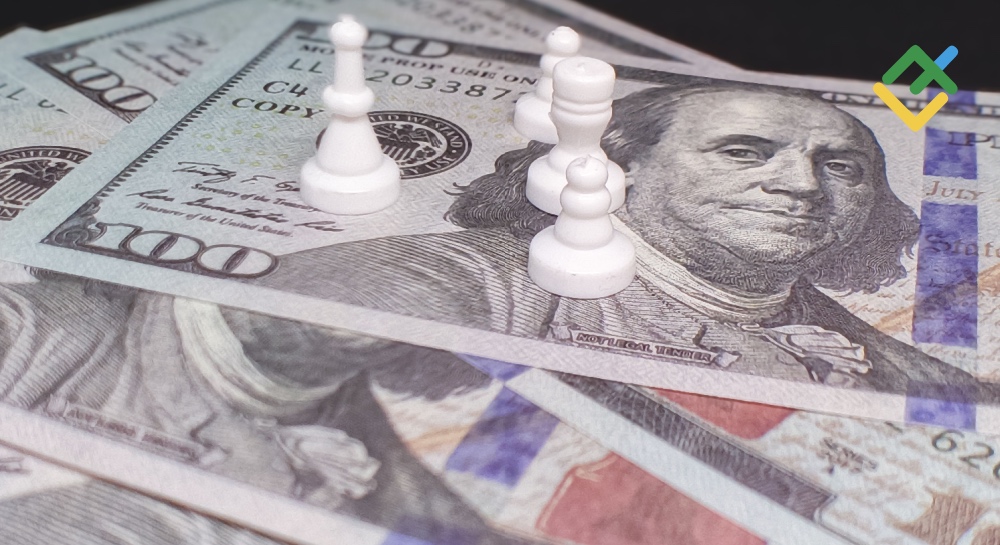The Presidential Debate on September 10, 2024, left the nation buzzing as Donald Trump and Kamala Harris clashed in a heated exchange over Russia. The tension in the debate hall was palpable as the two candidates debated their views on the Russia-Ukraine War. Their discussion covered not only the war but also the role of Vladimir Putin and U.S. support for Ukraine. With the 2024 election on the horizon, this Presidential Debate revealed the stark contrasts in their foreign policy approaches, particularly toward Russia and Ukraine.
The candidates had a single goal: convince Americans they had the right approach to global issues. For Donald Trump, it was about proving he could negotiate peace in the Russia-Ukraine War. For Kamala Harris, it was about reinforcing the importance of standing up to authoritarianism, particularly Vladimir Putin.
Trump’s Stance: End the War in 24 Hours?
From the outset, Donald Trump made bold claims, stating he could end the Russia-Ukraine War in just 24 hours. He emphasized that if he had been president in 2022, the war would never have started. Trump repeatedly suggested that under his leadership, Vladimir Putin would not have dared to invade Ukraine. “Putin would be sitting in Moscow, and he wouldn’t have lost 300,000 soldiers,” Trump confidently remarked. He implied that his strong relationship with both Ukrainian President Zelenskyy and Putin would help him negotiate peace quickly.
Yet, despite his promises, Trump provided little detail on how he would achieve this. When pressed on whether his deal would involve Ukraine ceding territory to Russia, he dodged the question. This ambiguity left many wondering what Trump’s strategy actually entailed. His critics, including Kamala Harris, have long suggested that Trump might be willing to give up too much to Russia just to claim a quick victory.
But Trump’s rhetoric resonated with his base, who believed his tough-talking approach would yield results. He insisted that the war’s human toll was far worse than reported, declaring the numbers “fake” without offering evidence. For Trump, ending the war swiftly was the top priority, regardless of the details.
Harris’ Attack: “Putin Would Eat You for Lunch”
Kamala Harris, on the other hand, did not hold back. She repeatedly challenged Trump’s claims, accusing him of being ready to abandon Ukraine. “If Trump were president, Putin would be sitting in Kyiv right now,” Harris remarked sharply during the Presidential Debate. Her attack wasn’t just about Trump’s vague promises. Harris also highlighted Trump’s past approach to NATO, reminding viewers that the former president often criticized the military alliance, which she sees as essential for European security.
Harris expressed gratitude for the continued support of European allies in Ukraine’s defense, underscoring how critical this unity has been. She made it clear that the U.S. must continue to stand with Ukraine, both morally and militarily. According to her, U.S. support, including air defense systems and military aid, has kept Ukraine independent. Harris pointedly said, “Vladimir Putin is a dictator who would eat you for lunch.”
Harris painted Trump as a leader who would appease Putin rather than confront him. This resonated with voters who see Russia as a grave threat to global stability. For many, the idea of Trump negotiating with Putin raised fears that Ukraine might be sacrificed in exchange for a peace deal that favors Moscow.
The Stakes: America’s Role in the Russia-Ukraine War
The Russia-Ukraine War has been one of the most significant foreign policy issues of the Biden-Harris administration. Since the invasion in February 2022, the U.S. has provided more than $55 billion in military aid to Ukraine. The goal? Help Ukraine resist Vladimir Putin’s aggressive expansion and preserve its sovereignty. Harris was quick to remind viewers of this fact during the Presidential Debate. She credited the Biden administration’s efforts and stressed that U.S. support is what has kept Ukraine standing against Russia.
Harris didn’t mince words when addressing Trump’s foreign policy record. She reminded Americans of his controversial relationship with Russia during his time in office. From his praise of Vladimir Putin to his contentious meetings with the Russian president, Trump’s record on Russia has long been under scrutiny. Harris sought to highlight these issues, painting a picture of a leader who might be too soft on Moscow.
At the core of their debate was the future of U.S. involvement in the Russia-Ukraine War. Trump argued that the U.S. was spending too much on the conflict and that European countries should contribute more. His message was clear: Europe benefits more from Ukraine’s defense than the U.S., so they should shoulder more of the burden. Harris, in contrast, argued that abandoning Ukraine would destabilize Europe and embolden Putin.
Ukraine’s Future: The Heart of the Presidential Debate
One of the most pressing concerns during the Presidential Debate was Ukraine’s future. Both candidates addressed the war, but their solutions were starkly different. For Trump, it was about ending the war quickly through negotiation, even if that meant concessions to Vladimir Putin. He stressed that his goal was to stop the loss of human life, stating, “I want to save lives that are being uselessly destroyed.”
Harris, however, took a different approach. She emphasized that America must continue its support for Ukraine to ensure the country’s sovereignty. Harris warned that a peace deal under Trump would likely mean giving up Ukrainian territory to Russia, something Kyiv has adamantly refused. She painted Trump as a leader willing to compromise Ukrainian independence for the sake of a quick fix.
Throughout the Presidential Debate, it became clear that this issue would define their foreign policy platforms. Harris aligned herself with a long-standing U.S. tradition of standing against authoritarianism. She stressed that supporting Ukraine was not just about defending one country but protecting democracy itself. Trump, meanwhile, focused on the practical side—stopping the war and reducing U.S. financial commitments abroad.
Putin in the Crosshairs: A Key Figure in the Presidential Debate
Vladimir Putin’s name came up multiple times throughout the Presidential Debate. Both candidates understood the importance of how they handled their rhetoric about Russia’s leader. Harris attacked Putin as a dictator who must be opposed at all costs. She painted a picture of a Russia under Putin that threatens global stability and democratic values. For Harris, allowing Putin to gain more territory would send a dangerous message to other authoritarian regimes.
Trump, on the other hand, was more measured in his references to Putin. He maintained that he knew Putin well and had a good relationship with him, which he believed was an asset. Trump’s assertion was that his personal diplomacy would lead to a quicker resolution of the Russia-Ukraine War. However, Harris saw this as a sign of weakness, not strength.
At one point during the debate, Harris sarcastically remarked that Putin would have Trump “for lunch.” It was a biting comment meant to suggest that Trump’s cozying up to Putin would leave the U.S. vulnerable. Harris hammered home the idea that strong leadership involves standing up to bullies, not befriending them.
What This Presidential Debate Means for the Election?
The Presidential Debate provided voters with a clear view of where each candidate stands on foreign policy, especially concerning the Russia-Ukraine War. For Harris, standing firm against Russia is not just about supporting Ukraine but also about defending democracy worldwide. Her message was one of strength, unity, and long-term commitment to international alliances like NATO.
Trump, by contrast, focused on immediate solutions. His emphasis on ending the war quickly and reducing U.S. financial involvement struck a chord with voters weary of long-term international conflicts. Yet, his reluctance to detail how he would achieve this peace left many questions unanswered.
As the election draws closer, the war in Ukraine will continue to be a key issue for voters. Both Donald Trump and Kamala Harris have made it clear that their approaches to the war—and to Vladimir Putin—are vastly different. Whether voters prefer Trump’s negotiation promises or Harris’ strong stance against Russia will likely shape the outcome of this election.
Conclusion: A Debate That Highlights America’s Global Role
The Presidential Debate on September 10, 2024, showcased two distinct visions for America’s role in the Russia-Ukraine War and in global politics at large. Donald Trump and Kamala Harris offered contrasting views on how to handle Vladimir Putin and Russia’s aggressive actions. As voters reflect on the debate, they must consider which approach aligns with their vision for America’s future.
Click here to read our latest article Apple Tax Case
This post is originally published on EDGE-FOREX.



